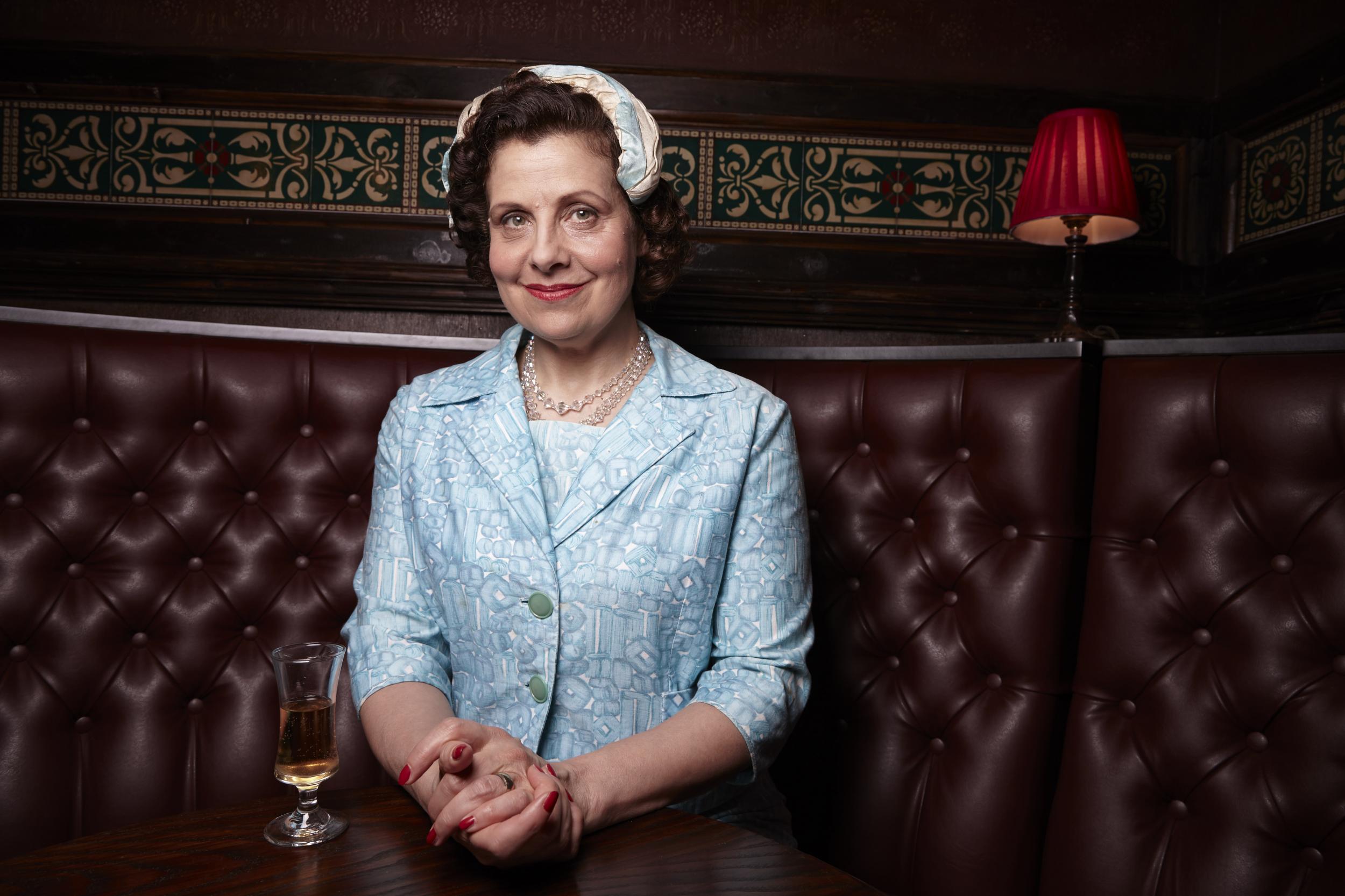TV Review: ‘Queers’ (BBC4): Not out and proud
Plus: ‘Is It Safe to Be Gay In the UK? (BBC2)

Your support helps us to tell the story
From reproductive rights to climate change to Big Tech, The Independent is on the ground when the story is developing. Whether it's investigating the financials of Elon Musk's pro-Trump PAC or producing our latest documentary, 'The A Word', which shines a light on the American women fighting for reproductive rights, we know how important it is to parse out the facts from the messaging.
At such a critical moment in US history, we need reporters on the ground. Your donation allows us to keep sending journalists to speak to both sides of the story.
The Independent is trusted by Americans across the entire political spectrum. And unlike many other quality news outlets, we choose not to lock Americans out of our reporting and analysis with paywalls. We believe quality journalism should be available to everyone, paid for by those who can afford it.
Your support makes all the difference.Man of the world as I like to consider myself, I wasn’t quite ready for one particular passage in episode three of Queers last night, uttered by a half-successful actor character named “Phil” (Russell Tovey), a sort of Jimmy Somerville look-a-like, but hunkier. His monologue captured the still furtive aspects of gay life in a decade when the persecution of the 1950s had passed, but the traditional shame persisted, and became amplified by the Aids epidemic. This was we were reminded by Phil, a time when The Sun, to its eternal shame, called Aids “The Gay Plague” and Private Eye, unblushing in its casual homophobia, “joked” that gay stood for “Got Aids Yet?” .
Intimidating as gay life in Thatcher’s Britain might be, Phil tells us: “There’s an underrated beauty to blowing a total stranger in a toilet cubicle that is hard to convey. And if you try to convey it, it gets boring, or icky, quite quickly. No squatting on your haunches, knees must hit the floor and eye contact throughout.”
Fair enough. I always wondered what the charm was. Not exactly Oscar Wilde, but congratulations to writer Brian Fillis for that vivid insight into the attractions of raw homosexual lust, or “bum sex”, as Phil playfully dubbed it.
The great irony here is that Phil spends an awful lot of his time as an actor typecast in TV dramas with heavy white make up in a hospital bed as a pitiable gay guy suffering the terminal stages of aids – “I’m getting quite good at dying”. But then he himself… well no, he himself doesn’t get Aids, but some close to him, i.e. who he picked up in the Coleherne pub, epicentre of London’s gay scene back then, does, which provides richer irony. His friend, who possesses irresistible “dancer’s legs”, confesses to Phil that he is “positive, but careful”. We, and Phil, were left wondering at the end about quite how careful he’d been with Phil.
Phil’s was the third of a series of eight short monologues in this Queers mini-series, part of the Gay Britannia season. They are dramatic gems, strongly reminiscent of Alan Bennett’s classic Talking Heads series, which got me to thinking why this form is so little seen on TV. The other monologue broadcast last night had Rebecca Front as Alice, a late middle-aged (hetero) woman reflecting on her life locked into a tolerable “lavender” marriage to a gay man in the fiercely closeted world of 1957. There was a deft reference to the revolutionary Wolfenden report of that year, which began the long process of civilising British attitudes to people who just happen to have different sexual tastes to other people. Alice’s story was also naturalistically told in a pub, and was also clever and moving – praise to writer Jon Bradfield in this case, and to Ms Front for deploying her talent for portraying vulnerability. So that’s 1957 and 1987 – what about another 30 years on..?
Is It Safe to Be Gay in the UK? put the question and answered it, too: “No”. Despite all our pride festivals, gay celebrities, lesbian politicians and equal rights laws, hate crimes are up, and this documentary made me feel quite sick, my revulsion being at those who fly into uncontrolled violent rage at harmless gay people. We witnessed LGBTQ fellow citizens being beaten up, maimed and murdered in shocking detail. Most of the cases took place in public, sometimes in crowded places with lots of witnesses and the perpetrators easily apprehended. One vicious assault – broken eye sockets, temporary blindness – occurred in Brighton, of all places. Drink played a large part in many of the crimes, but I was also struck by how the language of abuse has changed, with imported terms such as “batty boy” and “faggot” fashionable. Maybe popular culture of the wrong kind is playing a malign role today? At any rate, the most gut-wrenching image was an unbelievable X-ray of a young gay lad Connor with a claw hammer embedded in his skull, put there by a flatmate while he was asleep. Connor spent a month in a coma and now cannot use his right hand. Such is gay life in 2017. Maybe another 30 years?
Join our commenting forum
Join thought-provoking conversations, follow other Independent readers and see their replies
Comments